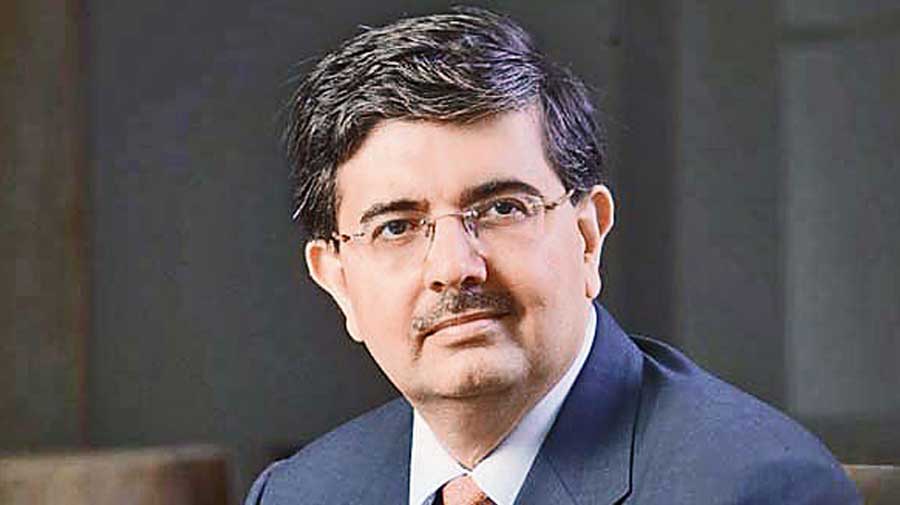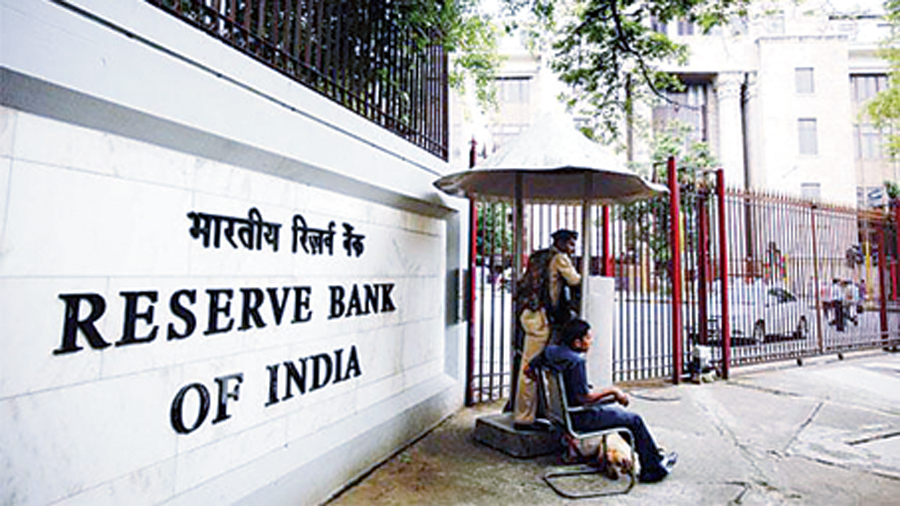The time has come for India’s central bank to print money to help save the economy, says India’s top private banker Uday Kotak, who defended the drastic move, declaring: “Right now, we need to use the steroids to save the Indian economy for sustained growth going forward.”
Kotak, who’s the founder and managing director of Kotak Mahindra Bank as well as being president of the Confederation of Indian Industry (CII), also said in a lengthy interview on NDTV late on Wednesday that the government must simultaneously help people at the bottom of the financial pyramid.
“Direct cash transfers (should be given) to the poorest of the poor for meeting their day-to-day needs” and the government should also look at providing “direct medical benefits to the poorest of the poor,” the billionaire banker said. In addition, work programmes like NREGA, “should be strengthened,” Kotak said. Putting cash in the hands of the poor would help sustain consumer demand which has been flagging, he noted.
“This is a time for us to be able to expand the (fiscal) balance sheet, duly supported by the RBI (Reserve Bank of India) which should deficit finance a part of the government’s expanded balance sheet rather than let (the government) go to the market borrowing,” Kotak said.
Such fiscal stimulus would mean that the RBI’s balance sheet would “be expanded -- what is known as monetary expansion of printing of money,” Kotak explained. “Time has come for us to be doing some of that because -- unless we can protect growth through this period -- over the next one year, we run the challenge of trend growth rate getting more gradual on a long-term basis,” he said.
India’s economy is estimated to have shrunk by around 7-to-8 per cent in the last fiscal year. Before the second wave, the economy was seen growing by 10 per-cent-plus this financial year, making it the fastest-expanding economy globally. But economists have been steadily cutting their forecasts in the light of the Covid-19 surge.
Even before the pandemic erupted, India’s inflation was ringing alarm bells. For the first time since 2010, the wholesale price index soared to 10.5 per cent in April from 7.4 per cent in March. Rating agency Crisil warned on Wednesday inflation risks were accelerating due to rising input prices and supply disruptions amid the second Covid-19 wave.
Kotak did not directly comment on the impact that rapid monetary expansion might have on inflation. But India’s economic fundamentals were strong enough to allow significant monetary expansion, Kotak said.
“We are sitting on 600 billion rupees of reserves... Our balance of payments is likely to be 20 billion dollars positive. We are in a strong external position,” he said.
“We have to ensure that the human cost (of the pandemic) is controlled and simultaneously (that) the economic cost is given a breather so that the economy can sustain and bounce back,” he added. “These are one-time measures. Again to use medical language, these are short-term steroids. They cannot be used for the long term,” he said.
Kotak proposed that the government should move on multiple fronts -- offering handouts to the poorest of the poor and also looking at ways of rescuing small businesses in sectors that have taken a hit but have a good chance of survival post-pandemic. “I do believe the time has come for direct (fiscal) intervention… for the bottom of the pyramid,” said Kotak.

Uday Kotak. File picture
For the businesses that can be saved, he urged that the government spend money generously and use schemes like the Emergency Credit Line Guarantee Scheme (ECLGS) “so they can survive this wave and come out.” ECLGS is a government guarantee for banks lending to stressed sectors. Kotak said such moves would save businesses and protect jobs going forward.
Kotak hinted that the government may also be thinking along the same lines he had mentioned, saying, “I think the government may also be waiting for this extreme (pandemic) health situation to ease a bit.” He added: “I think the time has come for the government to seriously start working on that.”
The banker stressed, “We have to ensure that the human cost (of Covid-19) is controlled and simultaneously that the economic cost is given a breather so that the economy can sustain and bounce back.” He added: “These are one-time measures. To use medical language, these are short-term steroids.”
Kotak noted that 17 of his bank’s employees had died from Covid-19 between April 2020 and March 2021. This year, during the severe second wave, in April and May, he said, another 45 to 50 staffers had lost their lives due to Covid-19.
The CII chief said there were two types of businesses that have taken a hit in the wake of Covid-19 and one category could be rescued. Some, he suggested, were suffering “transitory pain and are likely to come out of it post-pandemic.”
The second category of businesses, Kotak suggested, may not be possible to revive because they are facing a “structural challenge because Covid has changed the business model to the extent that these businesses may not be viable in the future.”
He said Kotak has not implemented any layoffs or pay cuts this year and was going ahead with annual increments for employees. “The employee balance sheet is more important than the financial balance sheet,” he said, adding employees were now working from home. Employees were only being allowed to leave home for work in districts where the positivity rate was below 10 per cent.
As far as the delayed rollout of Covid-19 vaccines, Kotak didn’t criticise the government. But he said it was “crucial” that the vaccine supply be increased. “There is one thing we learn when we run our companies is to make things happen,” he said.
As far as a potential third Covid-19 wave, Kotak said it was vital to prepare in advance to ensure enough supplies of medical oxygen, hospital beds and drugs. “Our planning has to be for (case) peaks. It cannot be for averages.”











